Journal Staff
In the early morning hours, the pounding of hammers and the buzzing of saws mix with the sounds of cars driving past Palau High School’s Spiders Gym in Koror as Palau finalizes preparations to host what could be the largest Pacific Mini Games to date.
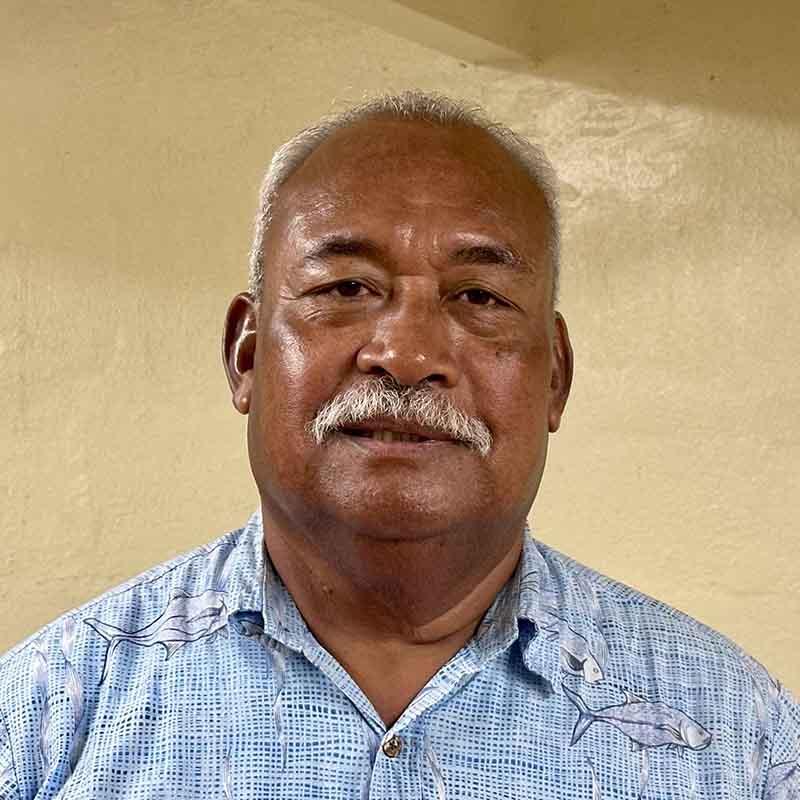
The Pacific Mini Games, first held in 1981 in Honiara in the Solomon Islands, were created as a smaller-scale version of the Pacific Games to give developing island nations more opportunities to participate and host. Held approximately every four years, the games rotate among Pacific nations and territories. This year marks the second time Palau is hosting, having previously welcomed athletes from across the region in 2005.
“We’ll be ready,” said Patrick U. Tellei, president of Palau Community College and chairman of the Pacific Mini Games committee. In an April 29 meeting attended virtually by Andrew Minogue, executive director of the Pacific Games Council; Tellei outlined the progress of the different subcommittees.
Palau has invested more than $5 million to host the more than 1,200 athletes, 300 coaches and potentially hundreds of family members, friends and event followers expected to attend this year’s games.
Twenty-four nations are participating. Athletes are expected to register by May 15.
Baklai Temengil, secretary general for the Palau National Olympic Committee; reported at the meeting that in the next couple of weeks, some senior game officials will begin to arrive to work with local referees and game officials. Transportation, food and other subcommittees supporting the games and the athletes all reported their preparations. Most are now just waiting on final numbers so they can make necessary adjustments.
The influx of athletes, coaches, officials and others is expected to boost tourism, particularly as the mini games are preceded by the popular Palau Sports Fishing Association Annual Fishing Derby on May 3 and May 4. Fishermen were beginning to arrive as of April 29.
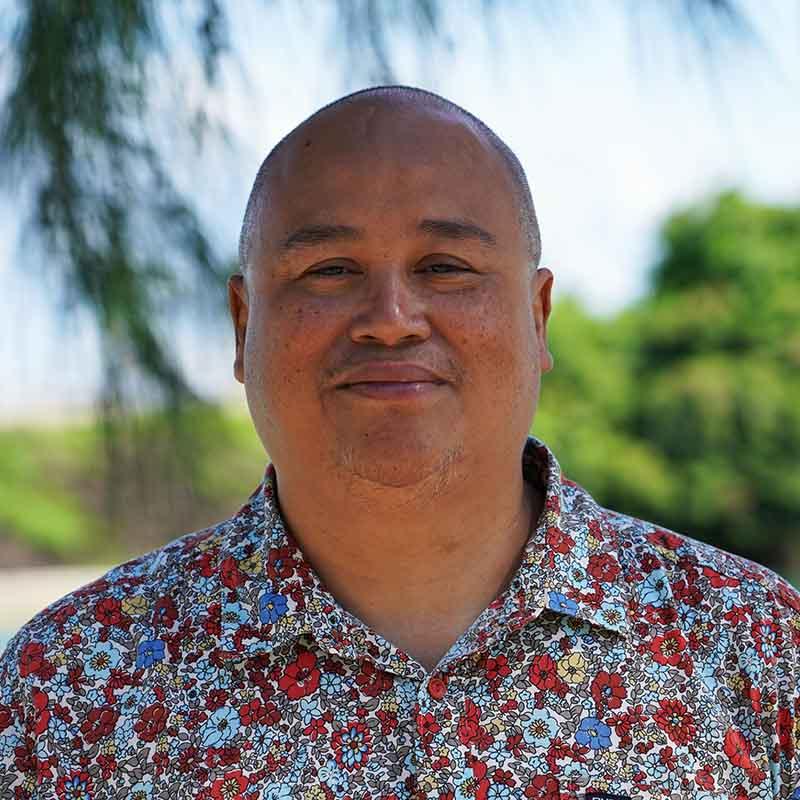
Local officials have said that beyond tourism numbers, the goal is to welcome more visitors who share Palau’s environmental values.
“In line with finding that balance of protection and production, we aim to attract visitors who share our goal of protecting our resources, which are more than a tourist attraction, these waters and lands have also sustained Palauans for a millennium. To help us reach this goal, we are looking to build a tourism industry that focuses less on quantity of tourists and more on high-value tourists,” Minister Ngiraibelas Tmetuchl of Palau’s Ministry of Human Resources, Culture, Development and Tourism previously told the Journal. Read his column on “Palau’s commitment to eco-tourism and reconnecting with the world,” in the February issue.
Support of the games has been a country-wide effort, from the president, to Congress, to international supporters and the business community.
In the last four years, the national government has been working with partners such as the governments of Taiwan and Japan to renovate the swimming pool, the national track and field, Spiders Gym, the Palau Nippon Stadium and other facilities that will host meets and games. The local community has also assisted, donating more than $100,000 Tellei said.
Hosting the Pacific Mini Games brings a number of tangible and long-term benefits to Palau beyond the excitement of competition. The event provides a critical economic boost, with the influx of athletes, coaches, officials and spectators expected to stimulate spending across hotels, restaurants, transportation and local vendors.
The investments made to upgrade and expand Palau’s sports infrastructure — including national gyms, fields, and facilities — will serve the broader community for years to come. These improvements are also seen as important for youth development, encouraging more young people to get involved in athletics and healthy lifestyle activities.
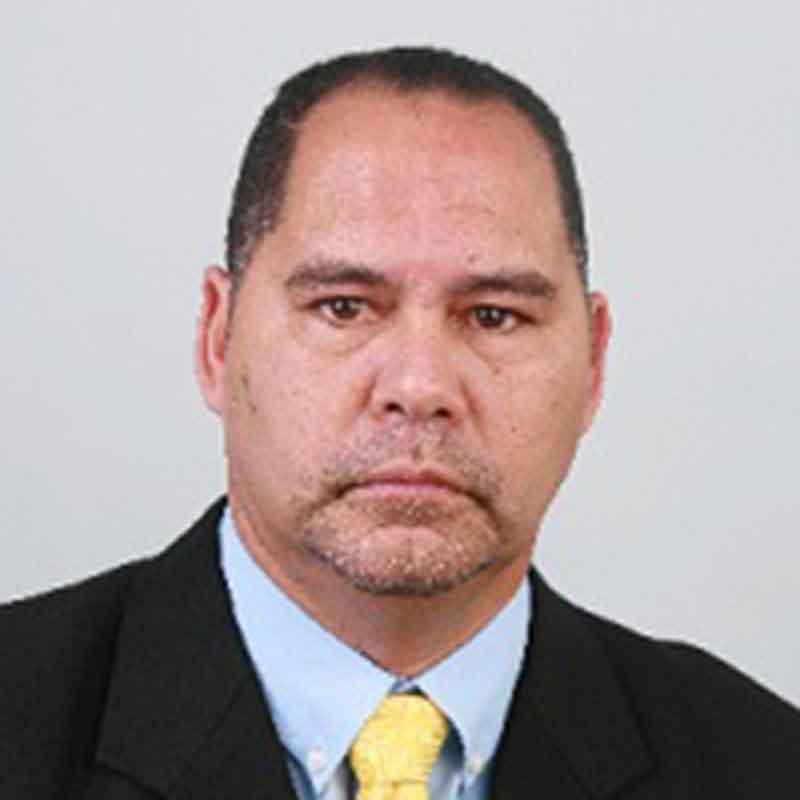
The games give Palauan athletes the opportunity to compete at a high level on home turf, while allowing local referees, volunteers and event organizers to work alongside international professionals. According to organizers, this knowledge-sharing helps strengthen Palau’s sports administration and event management capabilities moving forward.
Cultural exchange is another anticipated benefit. The opening and closing ceremonies will provide a platform to showcase Palauan traditions, songs and dances to a regional audience. Local leaders say this exposure supports national pride and reinforces Palau’s identity as a strong and environmentally conscious Pacific nation. PVA is also working on a virtual game for athletes that will help showcase Palau’s natural beauty as well as culture.
Officials said the games also reflect broader goals around tourism and sustainability. “More than just the numbers, we want to attract visitors who share our values,” Ruluked said.
The Palau National Government fiscal 2025 budget appropriated $1.2 million to the committee to cover the cost of hosting the games. An additional $200,000 was included in a supplemental budget that was sent in early April to the Olbiil Era Kelulau, Palau’s Congress.
Tellei joked that with all the upgrades and renovations to the sports facilities, Palau is prepared to host the Micronesian Games as well.
Tellei and Kyota said the investment into preparing for the games will go a long way in terms of serving the community for many years to come.
They pointed out one of the roads leading to the Meyuns sports area, which includes the pool, the multipurpose gym and the softball field. “We held the Independence Day celebration there in 1999, Oct. 1, and the people of the community asked the president at the time if the road can be fixed,” Tellei said. “Here we are, 2025.”
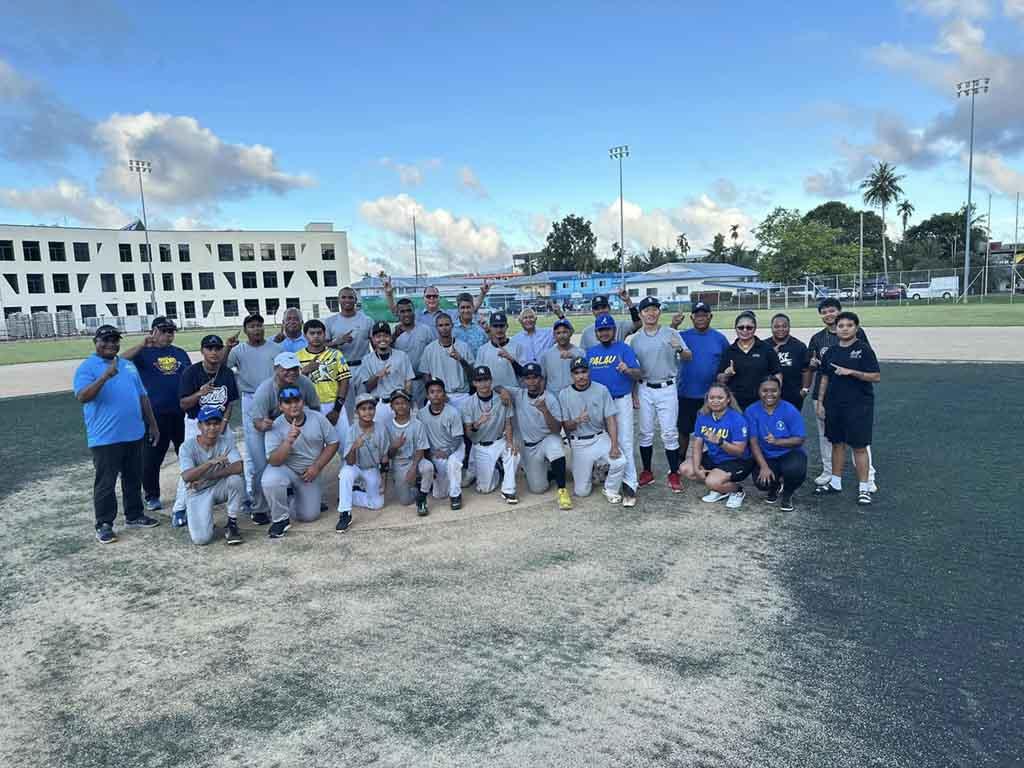
The games kick off with an opening ceremony on June 29 and conclude July 9.
Tellei said this year’s games will include 12 events. The last games, held in 2022 in Saipan — a year delayed due to the COVID-19 pandemic — included nine events.
The events and venues listed on the website are: archery at Melekeok Baseball Field; athletics at the national track and field; baseball at Palau Nippon Stadium; 3x3 basketball at Spiders Gym; beach volleyball at Ngermalk Park or Long Island; judo and weightlifting at the Meyuns Multipurpose Gym; softball at Meyuns Field; swimming at the national pool in Meyuns; table tennis and wrestling at the Ngarachamayong Cultural Center; triathlon in Babeldaob; paddling, or va’a, at Meyuns; volleyball at the national gymnasium; and beach wrestling at the Japan-Palau Friendship Bridge Airai Park.
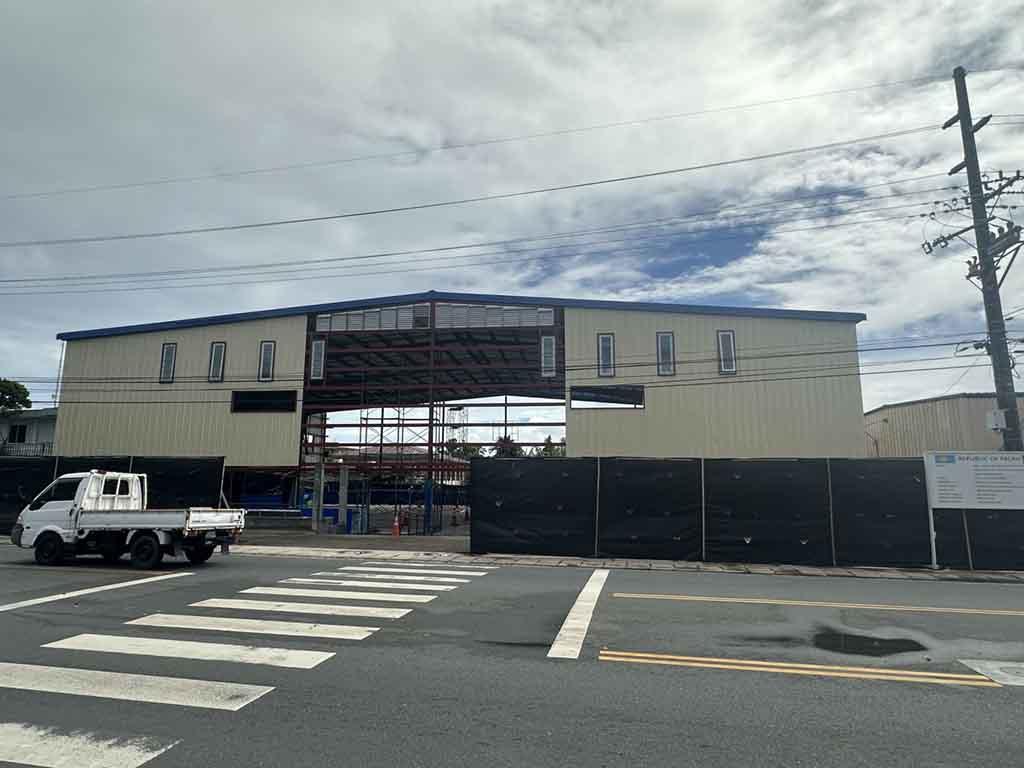
The Palau games will bring together athletes from 24 Pacific island nations and territories.
Tellei said there are two additional big draws for the games. First, the International Basketball Federation has designated the 3x3 basketball tournament at the Pacific Mini Games as a qualifying event for an international youth basketball competition. Second, the weightlifting competitions at the Pacific Mini Games will serve as qualifying events for the Commonwealth Games and the Oceania World Championship.
Athletes will be housed at local schools, including George B. Harris Elementary School, Koror Elementary School, Lower Maris Stella, Palau Community College, Mindszenty High School and Palau High School. They will be served meals together at the college cafeteria. mbj














